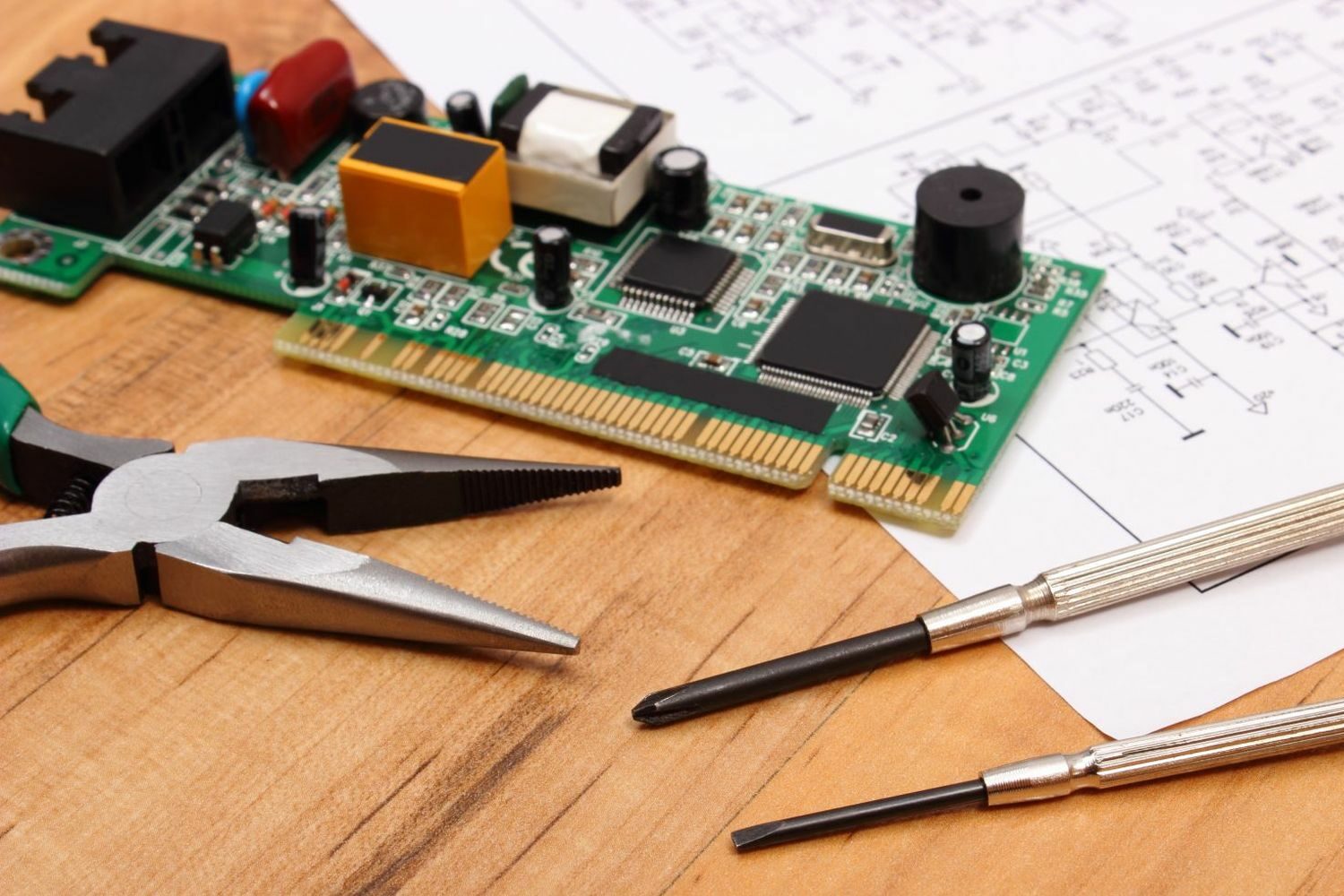
M.Sc. in Electronics Engineering
The Master Degree in Electronics Engineering at the University of Palermo (Italy), with 60 years of history, offers an interdisciplinary training course, taught entirely in English and articulated in four curricula: Modern Electronics, Telecommunications, Robotics and Mechatronics, Bioelectronics.
Duration
2 years
Starting Date
September
Tuition Fee
€ 156-2,400
Location
Palermo, Italy
Overview
The Master Degree in Electronics Engineering at the University of Palermo (Italy), with 60 years of history, offers an interdisciplinary training course, taught entirely in English and articulated in four curricula: Modern Electronics, Telecommunications, Robotics and Mechatronics, Bioelectronics.
The educational programme is characterized by a number of mandatory common teachings, providing knowledge in several fields, such as Power Electronics, Microwave Electronics, Programmable Electronics, Photovoltaics, etc. After this common path, the course is divided into different curricula, enabling students to choose the profile which best fits their attitudes as well as the professional and market contexts.
- The MODERN ELECTRONICS curriculum allows acquiring a broad spectrum of knowledge, including Photonics, Optoelectronics, Nanoelectronics, technologies for designing and producing devices and circuits, electronic characterization methodologies and measurement equipment.
- The TELECOMMUNICATIONS curriculum is focused on broadband communication systems, 5G, Internet of Things (IoT), wireless networking technologies and services, optical fibers, mm-Wave transmission systems, wireless sensor networks, vehicular networks, communications for unmanned vehicles (e.g. drones, authonomous vehicules), artificial intelligence, software defined radios, wireless localization, cyberphysical systems, blockchains, and system management.
- The BIOELECTRONICS curriculum provides a strong basic training in the electronic field, with specialized skills in the fields of sensors and diagnostic equipment, of electronics and IoT for biomedical applications, and of analysis, modeling and post-processing of signals, images and medical-biological data.
- The ROBOTICS AND MECHATRONICS curriculum is focused on control and systems engineering; identification and filtering of dynamical systems; modeling, analysis, simulation and control of the main mobile robotic platforms available nowadays, with specific reference to robotics architectures and to control algorithms for vehicles and aircrafts.
Thanks to the acquired skills, especially through laboratory activities, graduates in Electronics Engineering can easily find a job in the fields of smart cities, 5G and cellular networks, Internet of Things, big data, secure and ultra-broadband telecommunications networks, last generation electrical networks, smart and electrical vehicles, domotics, mechatronics, robotics, but also of diagnostic medicine, new production technologies and modern power plant engineering.











